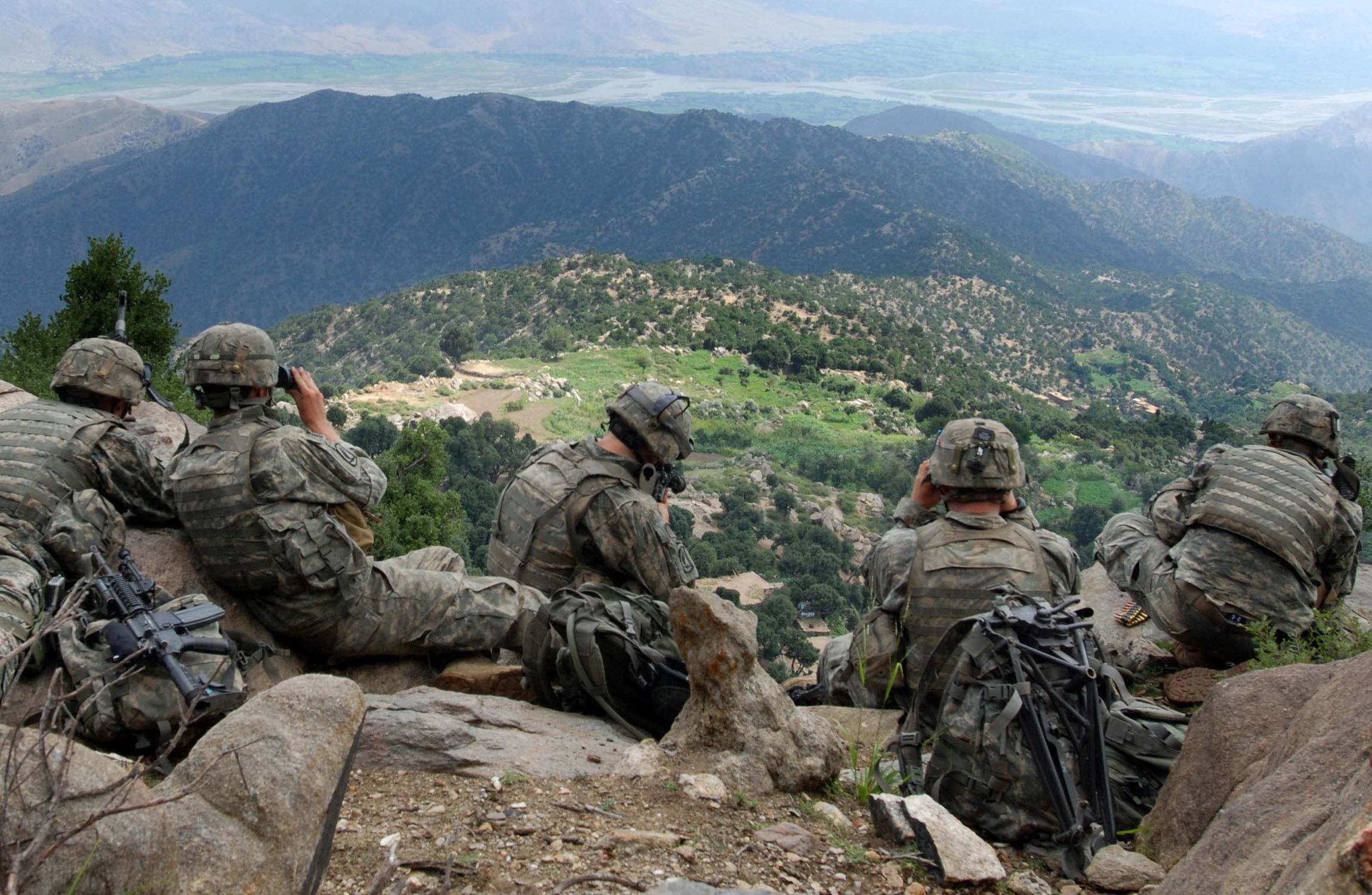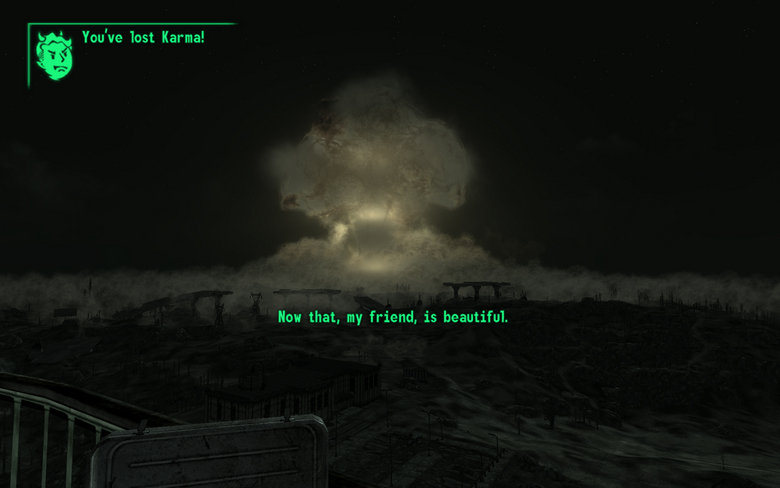It is a sentence that many girls hear too often growing up in a
patriarchal world. You could probably replace “fight” with any verb you’d like
and the sentence would still be too familiar. This old adage has many
implications for the world that we live in today. It reflects the gender
inequalities that, despite much of the positive advances we have made toward
improving them, are still very apparent in today’s society. More specifically,
these types of sentiments have a large impact on women’s roles in the military and civil-military relations in a broader sense.
Women have been officially serving in the military as early as World War I, but
have been severely limited in the types of roles in which they are allowed to
serve. In 2013, proposals were made to allow women into all combat roles and
since then, in 2015, the implementation of these proposals has begun. This is a
very large step for women’s equality not only in the military, but in civilian
society as well.
Traditional theories of civil-military relations have a lot
of merit in these changing dynamics of the military. Samuel Huntington’s The Soldier and the State discusses the
different types of influences on and control of the military by civilian
society. The two imperatives that Huntington specifically mentions are the
functional and societal, functional being that the military operates solely on
its duties to protect its homeland and societal being that the military
possesses less autonomy, largely influenced by civilian society. It is a
balance between these two imperatives that produces the most successful
civilian society and military. It is contested, however, that full integration
of women in the military, mainly by allowing them to serve in combat roles,
will disrupt the balance between the two imperatives of the military.
In one camp are those who believe women are not physically
equipped enough to serve as effectively as men in combat roles. In another are
those who believe the opposite, and in most cases have witnessed women
demonstrate the same very physically challenging qualities as men. One of these
people is Michael Baumann, a retired lieutenant colonel who commanded many women
in a particularly dangerous area in Baghdad. Baumann originally was in the
former camp, believing women were simply not as capable as men to serve in
combat roles in the military. However, after leading a number of women into
combat and serving alongside them, he switched over and now says that he had no
hesitations in believing they were fully capable to perform the same duties as
male soldiers and that he had full trust in them.
It is under the societal imperative that women have been
able to integrate more fully into the military. However, Huntington warns
against this type of subjective control of the military by civilian society. He
argues that without the degree of military autonomy that the functional
imperative and a more objective control of the military, the military can
become less effective. But it is not women serving in combat roles that will
threaten the effectiveness of the military. Rather, it is the military’s
inability to reflect the realities of society that will ultimately create a
significant disconnectedness, which will in turn render it less effective. I acknowledge that the majority of women do not wish to serve in these demanding roles of the military. But allowing those who do will eventually be a necessity for the military.










